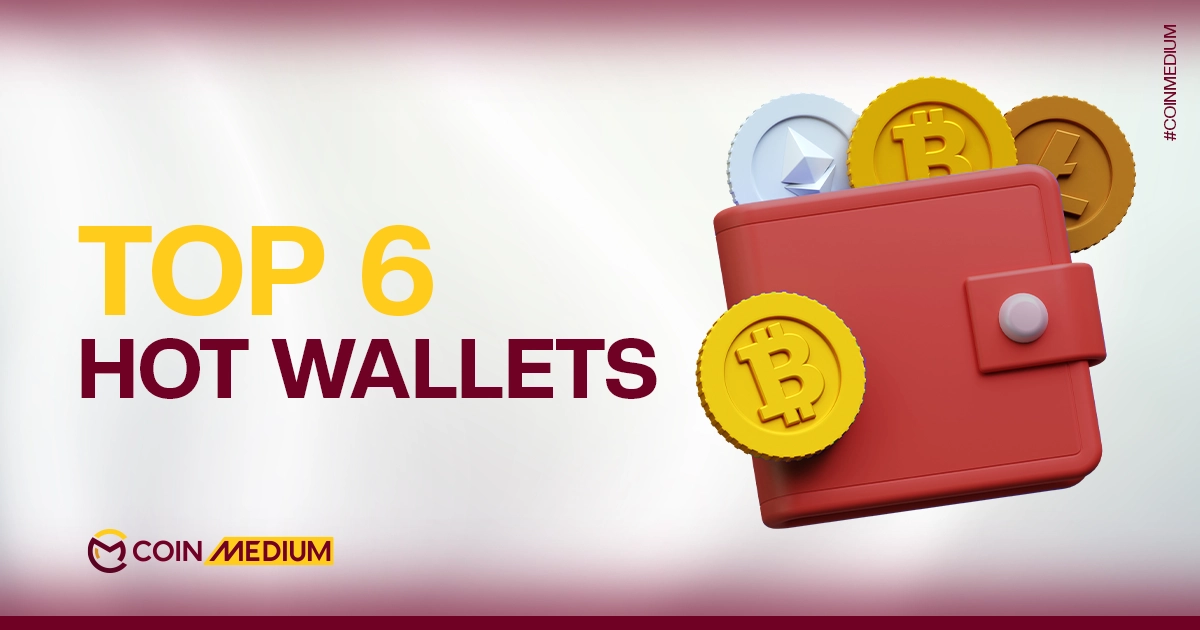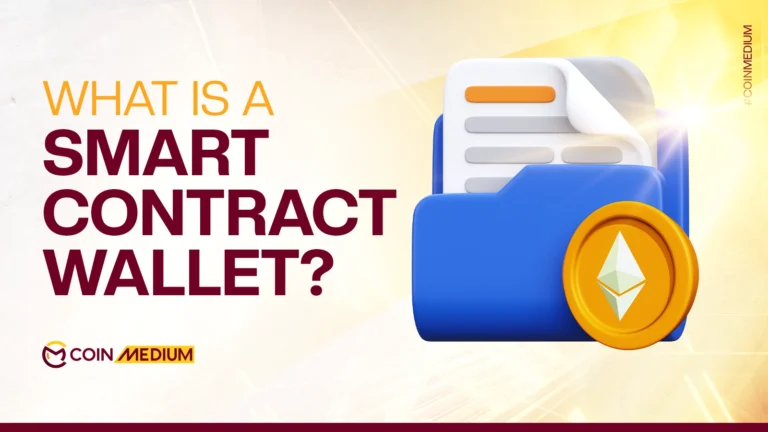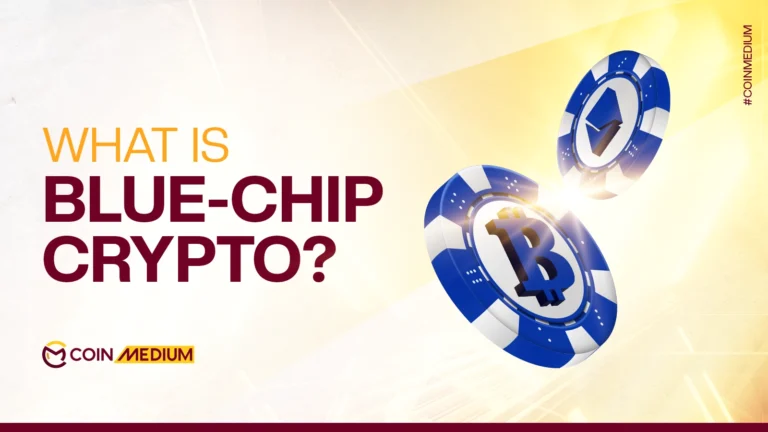If you are planning to get into the crypto world, one of the first things you need to figure out is how to store your coins safely. In a previous article, we explained the difference between hot wallets and cold wallets, and why both matter depending on how you use your crypto.
Mainly hot wallets are connected to the internet, which makes them fast and easy to use. You can trade, send, and receive crypto in seconds. Cold wallets, on the other hand, stay offline. That makes them more secure, but not as quick when you need to access your funds.
Most people who trade often or use decentralized finance (DeFi) apps prefer hot wallets because they’re simple and always ready. And with more people joining the crypto space every day, hot wallets are becoming more important than ever.
In this article, we will walk you through the top hot wallets out there right now. I’ll cover what makes each one special, who it’s best for, and what to watch out for, so you can pick the one that fits your needs.
MetaMask
MetaMask is one of the most popular hot wallets in the crypto world. It was created in 2016 by ConsenSys, a company focused on building Ethereum-based tools and infrastructure. MetaMask started as a browser extension, but now it’s also available as a mobile app for both Android and iOS.
This wallet is non-custodial, meaning you control your private keys. MetaMask is mainly designed for the Ethereum blockchain, but it also supports other EVM-compatible chains like Binance Smart Chain, Polygon, and Avalanche with a few simple tweaks.
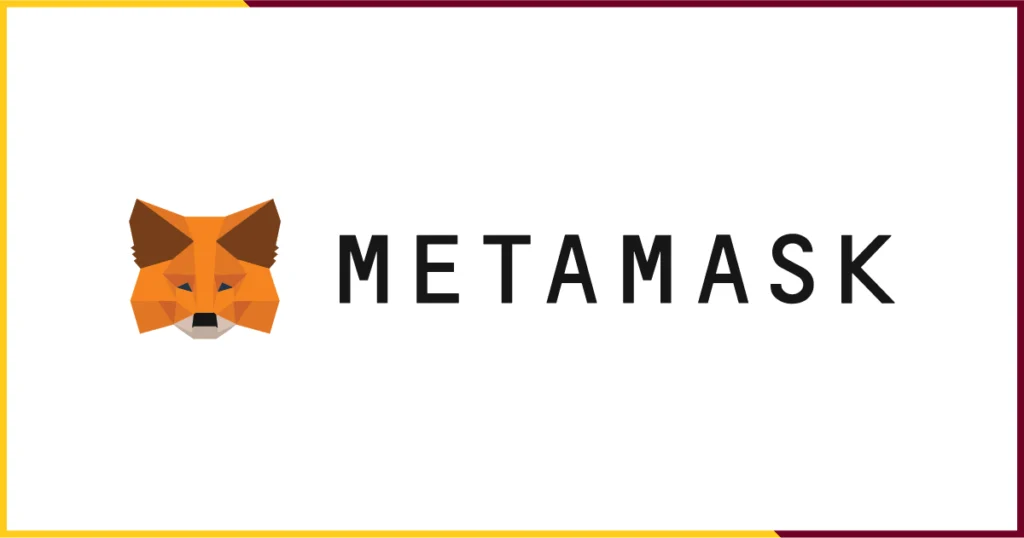
One of MetaMask’s biggest strengths is how easily it connects to DeFi apps, NFT platforms, and Web3 games. With just one click, you can log in to dApps and interact with smart contracts. It also has a built-in swap feature, so you can exchange tokens without leaving the wallet.
While it’s beginner-friendly, users should be cautious with phishing links and fake extensions, as MetaMask’s wide popularity has made it a target for scammers.
Keplr
Keplr is a hot wallet built specially for the Cosmos ecosystem, which includes blockchains like Cosmos Hub, Osmosis, Juno, Secret Network, and many more. It was launched in 2021 by a Web3 development team called Chainapsis, and it has quickly become the go-to wallet for users in the Cosmos world.
Keplr is non-custodial, so you stay in control of your keys and assets at all times. It started as a browser extension, and now also has a mobile app, making it easy to manage your crypto on the go.
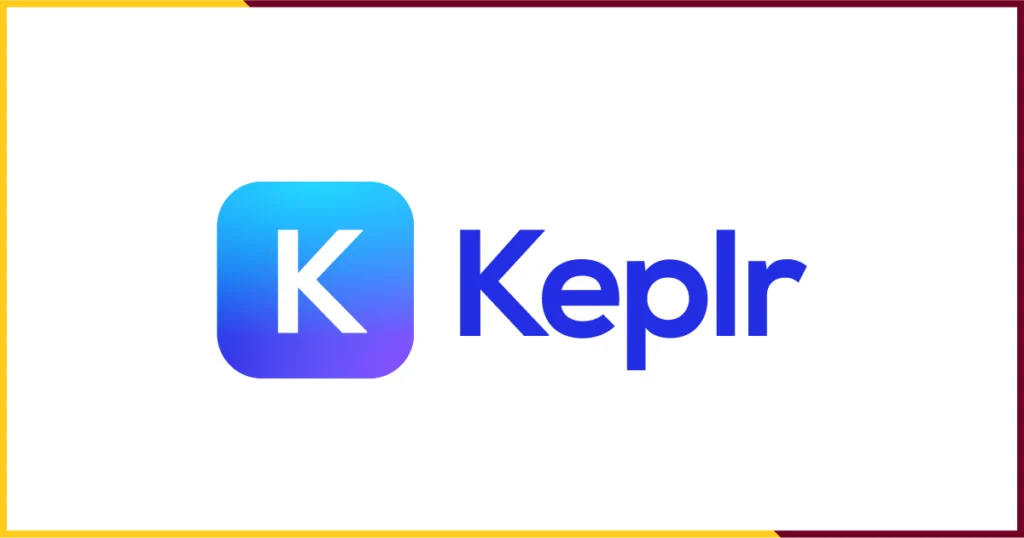
What makes Keplr stand out is how smoothly it connects with Cosmos-based apps and networks. You can stake tokens, vote on governance, and interact with DeFi protocols in just a few clicks. It also supports Inter-Blockchain Communication (IBC), which means you can send assets across different Cosmos chains directly from the wallet.
Keplr is easy to use even for beginners, and if you’re interested in projects built on Cosmos, it’s definitely the one you should go for.
Rabby
Rabby is hot wallet made for people who use DeFi apps often. It was created by DeBank, a well-known platform that tracks DeFi portfolios. Rabby launched in 2021 as a browser extension and was designed to fix some of the common issues users face with MetaMask, especially when using multiple blockchains.
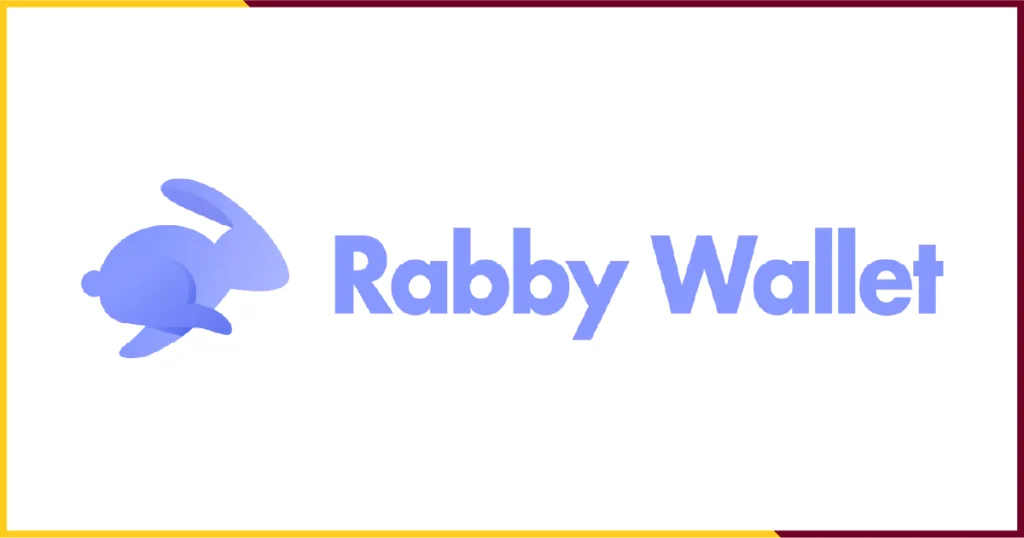
Rabby is special because it automatically picks the right network for the dApp you’re using. It simply handles it for you. It also shows you a clear preview of transactions before you sign them, which helps reduce mistakes and protect you from scams.
Even though this non-custodial wallet is still growing, many DeFi users have started switching to it because of its clean interface, strong safety features, and multi-chain support.
Trust Wallet
One of the most well-known hot wallets, especially among mobile users. It was founded in 2017 by Viktor Radchenko, and later acquired by Binance in 2018. Since then, it has grown into a trusted and widely used crypto wallet around the world.
It’s a non-custodial wallet, and one of its biggest strengths is simplicity. It’s easy to set up, beginner-friendly, and has a clean mobile interface. You can store, send, receive, stake, and even buy crypto directly inside the app. It also gives you access to NFTs and Web3 dApps through its built-in browser.
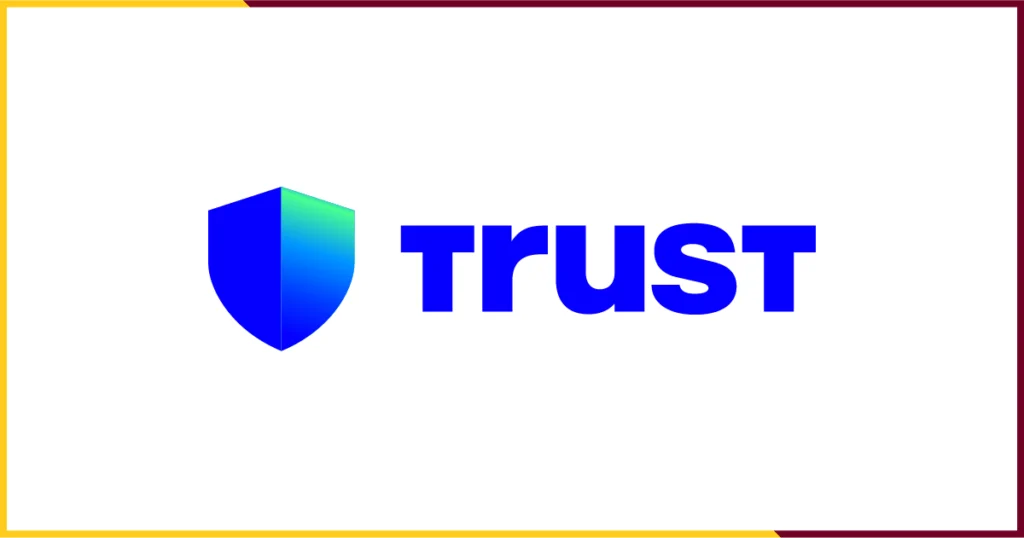
Trust Wallet is considered to be a great choice for both beginners and advanced users who want everything in one place.
Base (Coinbase Wallet)
Coinbase Wallet is a hot wallet made by Coinbase, one of the largest crypto exchanges in the world. But unlike your regular Coinbase exchange account, this wallet is non-custodial, meaning you hold the private keys, not the company.
Launched in 2018, Coinbase Wallet is available as both a mobile app and a browser extension. It supports thousands of tokens across major blockchains like Ethereum, BNB Chain, Polygon, Avalanche, and more. You can also store NFTs, explore dApps, and connect to DeFi platforms directly from the wallet.
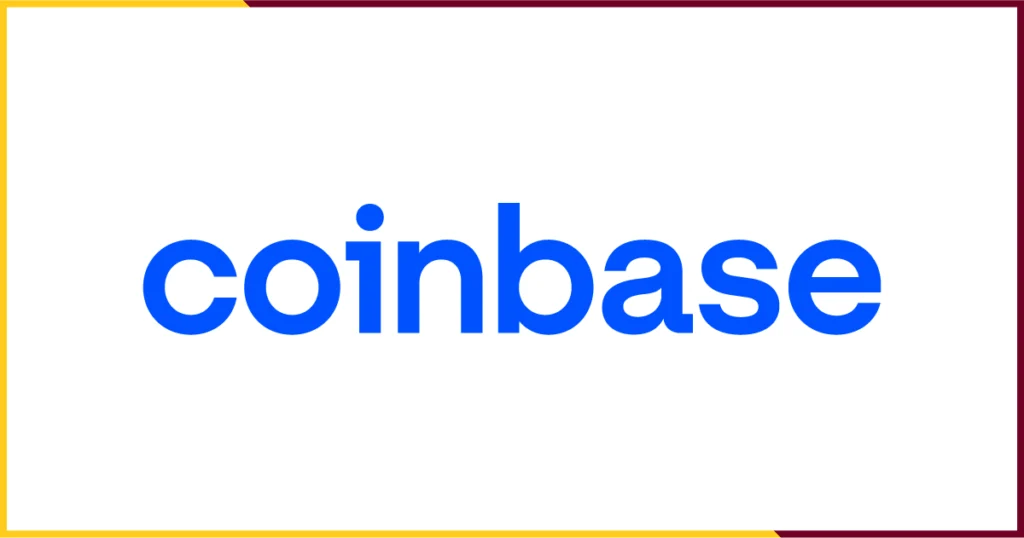
Coinbase wallet is famous for its user-friendly design. And being made for beginners, but still has powerful features for advanced users. Plus, it lets you import other wallets (like MetaMask or Trust Wallet) if you want to manage everything in one place.
Relying on the Coinbase brand, this wallet is a solid choice for those who want a full control of their cryptos, combining ease of use with the freedom of self-custody.
Phantom
Phantom is a hot wallet built mainly for the Solana blockchain. It was launched in 2021 and quickly became the most popular wallet in the Solana ecosystem. If you’re into SOL tokens, NFTs, or Solana-based DeFi apps, Phantom is likely the first wallet you’ll hear about.
Phantom is non-custodial, which means you fully own your private keys and assets. It started as a browser extension, but now it’s also available as a mobile app for iOS and Android. It’s known for its clean interface, fast speed, and how easy it is to use, even for beginners.
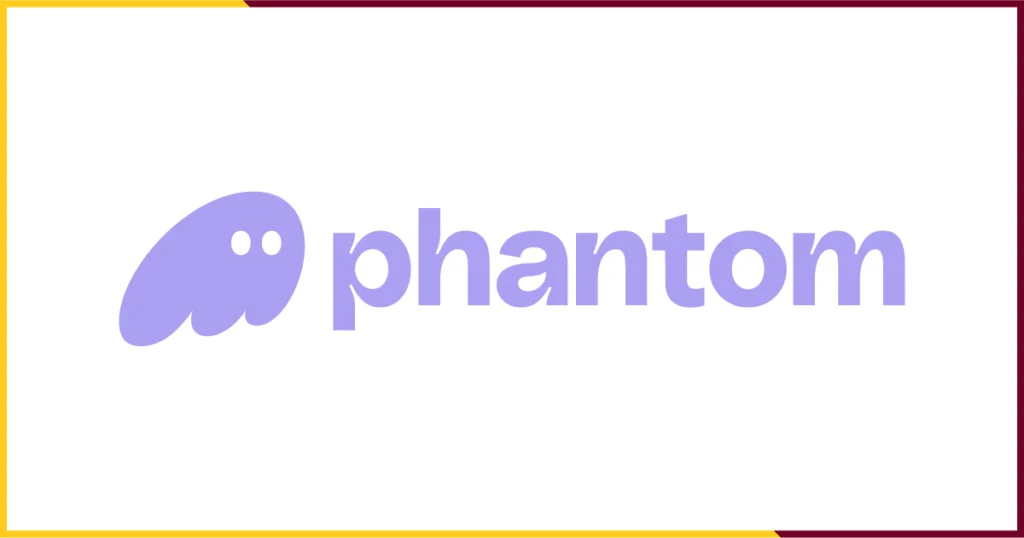
You can use Phantom to send and receive tokens, store NFTs, and connect to dApps like Solend, Raydium, and Magic Eden. It also has a built-in token swap feature and even supports staking SOL right inside the wallet.
Recently, Phantom has expanded to support Ethereum and Polygon too, making it a multi-chain wallet, though its main strength still lies in Solana.
There’s no one-size-fits-all when it comes to hot wallets, it all depends on how you use your crypto. Each wallet has its own strengths, whether you’re into DeFi, NFTs, or just starting out. So, which one would you pick for your crypto journey?

